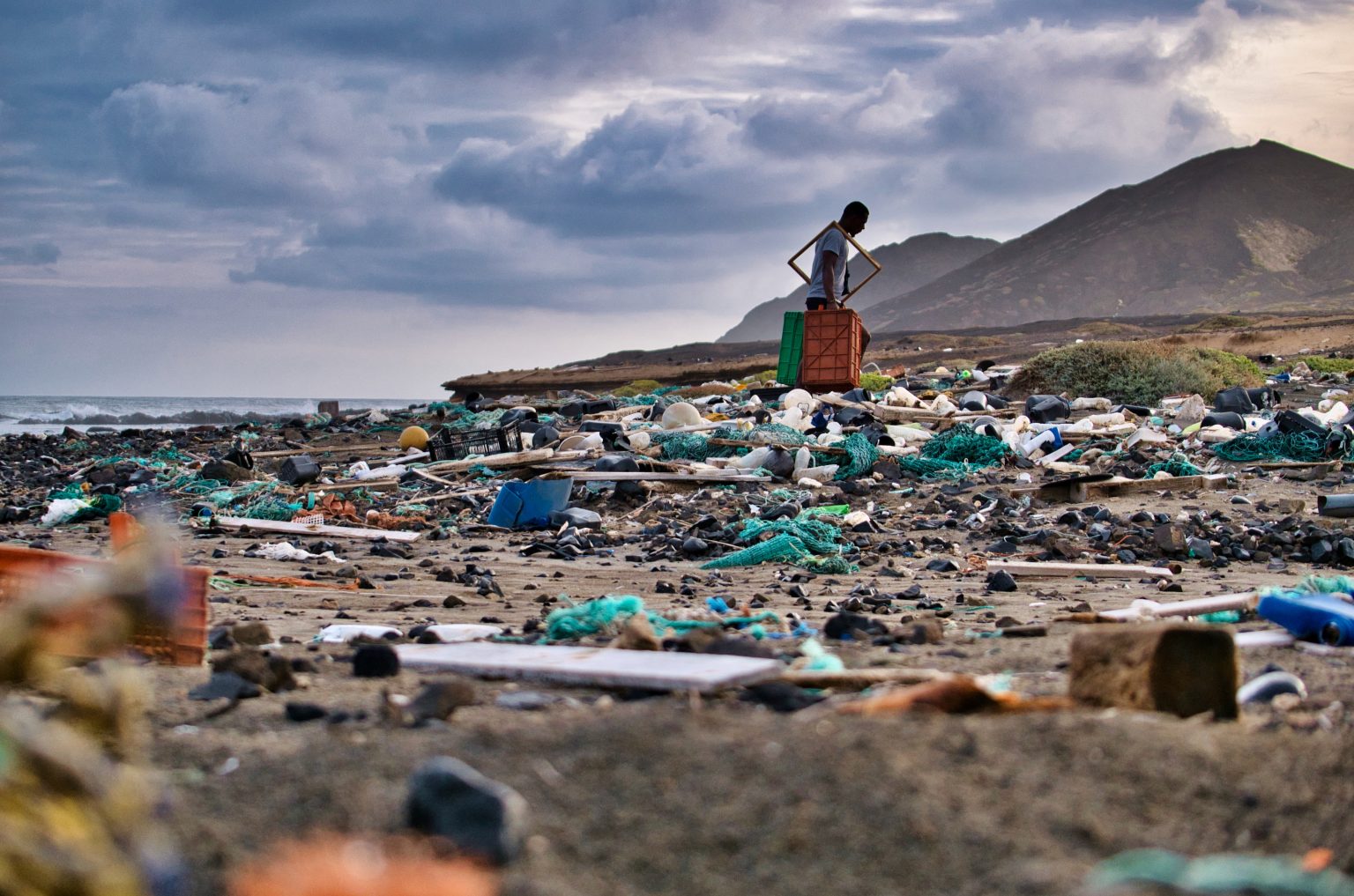Hopes for a binding global treaty to tackle plastic pollution now rest on the upcoming Intergovernmental Negotiating Committee (INC) negotiations, titled INC 5.2, set to take place in Geneva from August 5 to 14 under the UN Environment Assembly.
INC has convened most recently in 2024 in Busan, South Korea. The Busan meeting was initially expected to conclude with a final agreement but talks stalled over unresolved issues.
Key points of contention include whether the treaty should focus solely on reducing plastic waste or address the full plastic life cycle, from product design to eliminating harmful chemicals. Negotiators also failed to reach consensus on managing primary polymer production and securing financial support for implementation.
Back in 2022, when the push for a global plastics treaty began, the UN Environment Assembly, in its fifth session, passed a resolution calling for a legally binding agreement to end plastic pollution. The resolution tasked the UN Environment Programme’s executive director with convening the INC to develop an international legally binding instrument (ILBI) that takes a comprehensive approach to plastic pollution.
The proposed treaty, often referred to as a “Paris Agreement for plastics,” aims to tackle pollution not just at the waste management stage but from the early phases of plastic production and design through to consumption and disposal.
Currently, more than 460 million metric tons of plastic are produced globally each year, with an estimated 20 million tons ending up in the environment. Plastic pollution continues to increase, affecting land, freshwater systems and marine ecosystems.


